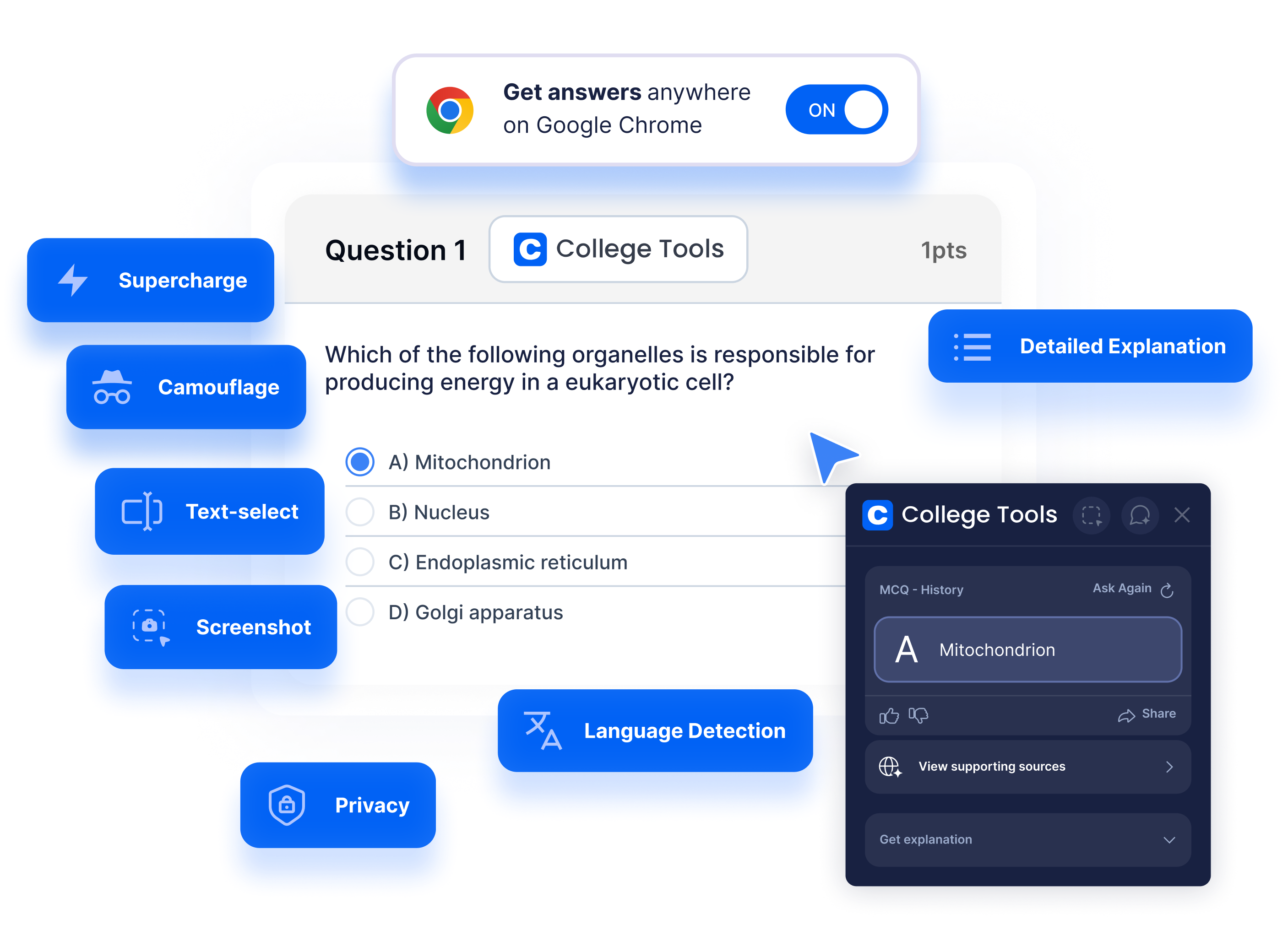Start With a Solid Plan
The foundation of productivity lies in effective planning. Begin each week by laying out your schedule. Not only should this include your school hours and homework sessions but also time for sports, clubs, and socializing. Apps and digital tools can be handy for keeping track of your commitments. For example, using a calendar app can send you reminders for upcoming tests and deadlines.
Tame the Procrastination Beast
Procrastination can be a nemesis for many high school students. Understanding why you procrastinate is the first step to conquering it. According to Psychology Today, procrastination is often rooted in a fear of failure or negative feedback. Break your tasks into smaller, manageable chunks to reduce the daunting nature of large assignments. Reward yourself for completing each small task to motivate further progress.
Take Regular Breaks
Contrary to what it might seem, taking breaks can actually increase your overall productivity. Edutopia suggests that regular breaks can aid in information retention and prevent burnout. A popular method is the Pomodoro Technique, which involves working for 25 minutes, followed by a 5-minute break. This gives your brain time to rest and recharge, helping you return to your studies with a fresh perspective.
Optimize Your Environment
Your study environment plays a significant role in how well you can concentrate. Ensure that your study space is clean, well-lit, and free of distractions. If you find that your home environment is too noisy or filled with interruptions, consider heading to a local library or a quiet coffee shop.
Utilize Technology Wisely
As you probably already know, technology can be both a helpful tool and a source of distraction. However, when used correctly, it can offer incredible homework help and facilitate better studying. Productivity apps can block distracting websites during study time, and note-taking apps can keep all your study materials in one accessible place.
For instance, some students find that using features from online platforms like College Tools can enhance their study sessions and offer support in their coursework. Just remember that technology is a tool, not a crutch, and should be used to enhance your learning, not replace it.
Engage in Active Learning
Active learning strategies such as teaching the material to someone else or applying it to real-world scenarios can improve your understanding and retention of the subject matter. Group study sessions are also a beneficial way to see different perspectives on a topic and could offer the additional benefit of peer homework help.
Prioritize Your Health
Never underestimate the importance of a good night's sleep, regular exercise, and a healthy diet. According to Scientific American, rest and downtime are essential for problem-solving and creativity. Plus, being in good physical shape can improve your mood and energy levels, which in turn can boost your productivity at school.
Review and Reflect
Finally, at the end of each day or week, take some time to review what you've accomplished and what could be improved. This reflection will help you to understand your learning patterns and adapt your strategies for more effective studying in the future.









